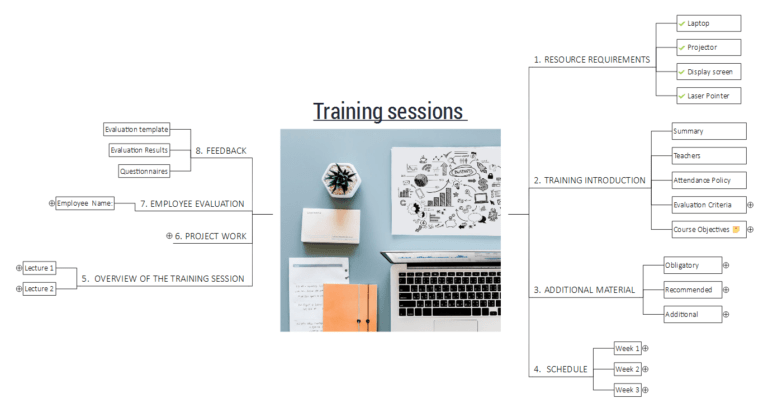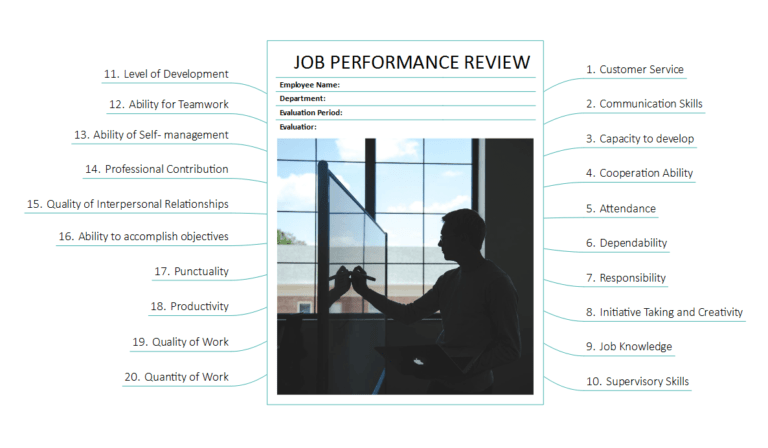USE CASE:
HR
The Human Resources department manages the “human capital” of the company and is part of the supporting activities that focus to make sure that the company meets its objectives and goals. In doing so, the HR department has various duties and responsibilities to establish suitable grounds for employees’ and company’s development.
The employees, being one of the most important assets and vital components of every company, providing the skills and experience required to keep things moving, are at the same time most delicate and complex to handle. The time and money invested in ensuring maximum productivity and performance levels are also valuable resources invested in the company’s workforce.
One of the main responsibilities of the people working in HR is providing care for this valuable asset. There is a vast number of activities and responsibilities that revolve around this “duty” of the HR people, regardless of the size of the company and the number of employees. Among these are some of the following:
- Outlining company’s organizational structure
- HR Planning and Job Analysis
- Specifying company’s culture and standards
- Selection and recruitment of talent
- Managing interviews and meetings
- Training sessions and seminars
- Job performance reviews
- Keeping track of laws and regulations
- Knowledge management
- Sharing information among team members
The challenge of these major roles and responsibilities is even greater when the number of employees in the HR department is significantly smaller than the overall number of employees in the company. The tasks of the HR people become more complex as many employees are involved in the organization, which poses a higher need for organizing the workload and delegate the team responsibilities. Here is where the extraordinary mind mapping technique comes in, aiding the organization and management of the vast array of tasks that need to be executed within the Human Resources department. No matter the workload and no matter the diversity of tasks, mind maps can help HR people to better manage and logically organize vast amounts of information to which they can easily refer when needed. “Did you realize that approximately 42% of the average company’s intellectual capital exists only within its employees’ heads?” – Thomas Brailsford.
Outlining company’s organizational structure
The HR department needs to have a clear view of the organizational structure of the company, along with all separate departments, job roles, and hierarchical structures.
Here is where mind maps can be used to build the overall view of the organizational structure.

HR Planning and Job Analysis
Among the important responsibilities that are managed by the HR personnel is the planning and specification of job positions, job descriptions, and employees’ duties. One of the foremost responsibility is the job analysis that needs to be developed in order to match the job description and the duties, responsibilities, necessary skills, essential qualifications, and personal attributes that are relevant to the job.
Seeing the importance of HR planning and analysis, here is one example of a job analysis template and its basic elements, which can be adjusted according to the needs of the company and the nature of the information that needs to be collected and organized.
Specifying company’s culture and standards
Selection and recruitment of talent
The selection and recruitment of talent is also one of the primary activities on which the HR department works.
The important thing here is the quality of the research and headhunting that is made in order to select the most suitable candidates that can be interviewed and assessed more closely of their compatibility to the open position.

Specifically, this filtering of vast amounts of market information, as well as interested candidates that send job inquiries and resumes, can be effectively organized with the usage of mind maps.
The creation of an extensive CV database is also possible, by linking the resumes of candidates within the subtopics in the main map.
Managing interviews and meetings

The meetings and interviews with potential candidates can always be organized, planned and conducted with the support of a mind map.
This way the HR employee can take notes in a more organized manner that can later connect to the mind map that contains the basic information for the candidate.
The tasks and appointments can be organized in a mind map dashboard, which allows the user to always stay up-to-date with all of the daily activities at any time.
Training sessions and seminars

HR training session mind map.
Job performance reviews
Part of the duties of the HR departments are the job performance reviews and appraisals, which are usually executed according to the company’s organizational policy.
Users can organize all relevant scores and data of the employees’ performance review in a single mind map, containing all information about the process of appraisal, previous reviews, communication type, training requirements and future recommendations for improvement, which could be linked to the employee’s dossier for further reference.

Job performance review mind map. Download Template.
Keeping track of laws and regulations

That is why HR personnel must always be prepared and have at hand the main company or organizational policies, always keep track of the state laws and other regulations that are connected to employment conditions.
This guide of company’s regulations and state laws can be organized easily with the help of a mind map.
Knowledge management
Mind mapping is a great way to collect, connect and visualize information in a distinctive and memorable format. This technique, supported with a stable software program can be used for supporting the knowledge management within the organization, linking all important data into a mind map. In any company new knowledge, knowledge elicitation and the knowledge retention is of paramount importance these days.
People who are employed in Human Resources are responsible for properly sharing and presenting the company’s mission, vision, and policy to all employees. The use of concept maps can facilitate the creation of a shared vision and shared understanding within teams and organizations. Mind maps can assist them in planning training processes, planning interviews and noting every answer of each candidate during the interviews.
Knowledge management provides great growth potential for companies and is basically the management of information where you emphasize the organic or functional relation between parts and the whole, providing a holistic approach that can be used as a reference point for everyone who works in or for the organization.
Sharing information among team members
The visualization of information makes that information more memorable and easier to recall.
With the variety of map styles, different colors, borders, relationships and ties, employees can enhance the memorability of the information shared or received.

